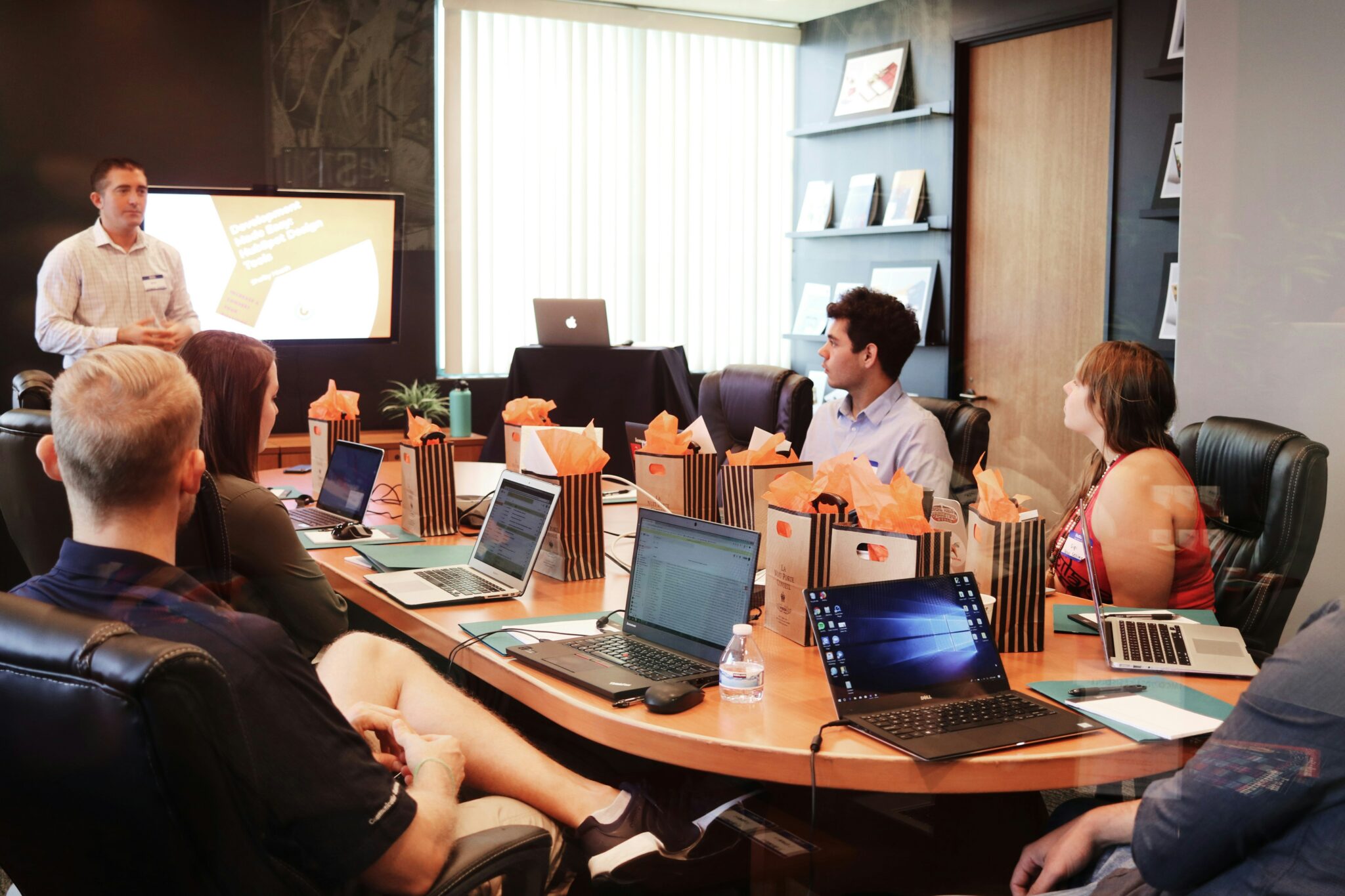Understanding the Core of Ticket Sales Training
Ticket sales training is the backbone of every profitable event, whether it’s a live concert, a sports championship, a theater performance, or a business conference. At its heart, this training focuses on equipping sales professionals with the skills and confidence to connect with potential buyers, create excitement about an event, and guide them toward purchasing tickets. A well-prepared sales team understands how to present value and overcome objections, making each conversation with a prospect more persuasive. Without proper training, even the most compelling event can fall short of revenue expectations. Strong ticket sales training develops not only selling techniques but also a deep understanding of audience psychology. Professionals learn to listen actively, address customer concerns, and highlight unique event features that motivate purchase decisions. In competitive markets where audiences have endless entertainment options, the ability to differentiate through a skilled sales force is invaluable.
Building a Strong Foundation for Ticket Sales Success
A winning sales program begins with a solid foundation that blends product knowledge and audience understanding. Team members must know every detail of the event, from seating charts to VIP perks, so they can answer questions with authority. They also need insight into different audience segments, recognizing what motivates families, corporate buyers, or passionate fans. Pricing strategies are another critical component, as dynamic pricing and tiered packages can significantly influence buyer behavior. Persuasive communication skills are developed through practice, teaching sales professionals to convey excitement while maintaining professionalism. Beyond talking points, they learn to build trust, which is vital when selling high-value or limited-availability tickets. This foundational stage ensures that every conversation feels personalized and credible, laying the groundwork for a consistent rise in ticket conversions. By mastering these elements early, sales teams are better positioned to adapt to changing market demands and seasonal trends.
Crafting a High-Impact Training Program
Designing an effective ticket sales training program requires careful planning and a focus on real-world application. A curriculum tailored to the specific type of event—be it music, sports, or conferences—ensures that training is relevant and practical. Role-playing exercises and live simulations help participants practice their pitches, anticipate objections, and refine their closing techniques in a safe environment. Including measurable goals such as conversion rates and call-to-sale ratios provides a clear benchmark for progress. Programs that incorporate feedback loops encourage continuous improvement, enabling trainers to adjust content as the market evolves. An interactive format keeps participants engaged and promotes long-term retention of skills. By investing in a structured yet flexible program, organizations create a culture of consistent learning that benefits both the sales team and overall event profitability. Trainers who emphasize practical experience often see faster adoption of techniques and stronger team cohesion.
Modern Tools and Technology for Ticket Sales Teams
Technology has transformed how ticket sales teams operate, streamlining processes and enhancing customer experiences. CRM systems allow representatives to track interactions, follow up with leads, and manage customer data efficiently. Ticketing platforms with built-in analytics help identify purchasing trends and forecast demand, enabling strategic decision-making. Mobile apps and chatbots can provide instant support to customers, answering questions and facilitating sales even outside regular business hours. Teams that integrate these tools into daily operations gain a significant competitive edge, as they can respond quickly to inquiries and capitalize on emerging opportunities. AI-driven systems can also recommend upsell opportunities or suggest optimal pricing in real time. By blending human expertise with digital solutions, organizations create a seamless buying experience that boosts trust and loyalty. Embracing new technologies not only increases efficiency but also positions the sales team as forward-thinking and customer-focused.
Advanced Selling Techniques for Maximum Conversions
High-performing ticket sales teams know that success often comes from going beyond standard selling tactics. Upselling and cross-selling are powerful methods to increase revenue per customer, offering buyers premium seating, VIP packages, or add-on experiences. Creating urgency through limited-time offers or early-bird discounts motivates quick decision-making and reduces the risk of last-minute unsold inventory. Effective follow-up strategies—such as personalized emails or timely phone calls—help convert warm leads into confirmed ticket holders. To keep these techniques fresh and impactful, sales professionals must regularly refine their approach and tailor offers to audience preferences. Building rapport during each interaction encourages repeat purchases and word-of-mouth referrals. Teams that embrace these advanced methods consistently see higher conversion rates and improved customer satisfaction. When applied strategically, these tactics turn casual interest into enthusiastic attendance and long-term loyalty.
Key strategies to incorporate:
Upselling premium seats and VIP experiences
Cross-selling merchandise or event add-ons
Limited-time promotions to create urgency
Personalized follow-up messages
Audience-specific offers based on data insights
Motivating and Retaining High-Performing Ticket Sales Staff
The success of any ticket sales training program depends on the motivation and retention of the team members who execute it. A positive sales culture that fosters collaboration and healthy competition encourages employees to strive for excellence. Reward systems, such as performance bonuses or recognition programs, can keep spirits high and reinforce desired behaviors. Ongoing professional development opportunities—like advanced workshops or industry certifications—show employees that the organization values their growth. Regular team-building activities help create camaraderie, reducing turnover and boosting morale. Clear career paths within the company further motivate staff by demonstrating that their hard work leads to advancement. Managers who provide constructive feedback and celebrate achievements cultivate loyalty and dedication. By prioritizing staff satisfaction, organizations ensure that their investment in training translates into lasting success.
Common Mistakes to Avoid in Ticket Sales Training
Even well-intentioned training programs can falter if certain pitfalls are not avoided. One common error is neglecting soft skills such as empathy, which are essential for building trust with customers. Overemphasizing scripts can lead to robotic conversations that fail to engage buyers on a personal level. Another mistake is ignoring post-event feedback, which provides valuable insights for refining future sales approaches. Failing to update training content as market trends and technologies evolve can leave teams unprepared for new challenges. Inadequate follow-up after initial contact often results in missed opportunities, especially for high-demand events. Some organizations also overlook the importance of continuous learning, treating training as a one-time activity rather than an ongoing process. Addressing these issues early helps maintain a dynamic, results-driven sales culture.
Measuring the Impact of Training on Ticket Revenue
Assessing the effectiveness of ticket sales training requires a clear understanding of key performance metrics. Conversion rates, average transaction value, and customer satisfaction scores provide measurable indicators of success. Monitoring repeat customer activity helps determine whether the sales team is fostering loyalty beyond a single event. Data-driven insights enable managers to refine strategies, identify top performers, and allocate resources more effectively. Comparing pre-training and post-training results highlights areas of improvement and demonstrates the return on investment. Regular performance reviews ensure that sales techniques remain aligned with organizational goals. By consistently analyzing these metrics, businesses can adapt quickly to changes in audience behavior and maintain a strong revenue stream. Continuous evaluation not only validates the training but also fosters a culture of accountability and excellence.
Frequently Asked Questions
What is the ideal duration of a ticket sales training program?
The ideal duration varies depending on the complexity of the event and the experience level of the team, but most effective programs last between two and six weeks with ongoing refreshers.
How often should sales teams undergo refresher training?
Quarterly or semiannual refreshers help teams stay updated on market trends, new technologies, and evolving sales techniques.
Can small event organizers benefit from ticket sales training?
Absolutely. Even small-scale events gain a competitive edge when staff understand how to build rapport with customers and maximize every interaction.
What are the most effective techniques for selling VIP or premium tickets?
Highlighting exclusivity, emphasizing added value like meet-and-greet opportunities, and offering early access often drive interest in higher-tier options.
How do you measure the ROI of a ticket sales training initiative?
Compare sales figures, conversion rates, and customer feedback before and after the training to determine measurable improvements in revenue and engagement.
Takeaway
Ticket sales training is more than a routine exercise; it’s a strategic investment that transforms both the sales team and the overall event experience. By combining strong foundational skills, advanced selling techniques, and cutting-edge technology, organizations can drive higher revenue and create memorable customer interactions. Motivated staff, continuous learning, and clear performance metrics ensure long-term success in a competitive market. With a dedicated approach to training, event organizers and venue managers can consistently fill seats, delight audiences, and achieve lasting growth.










